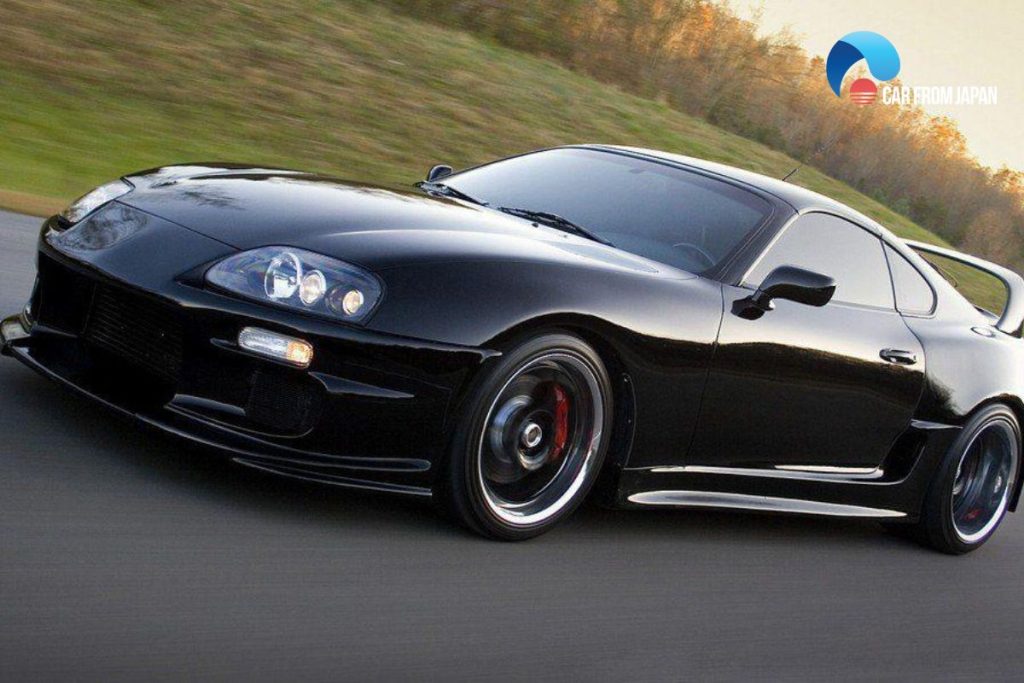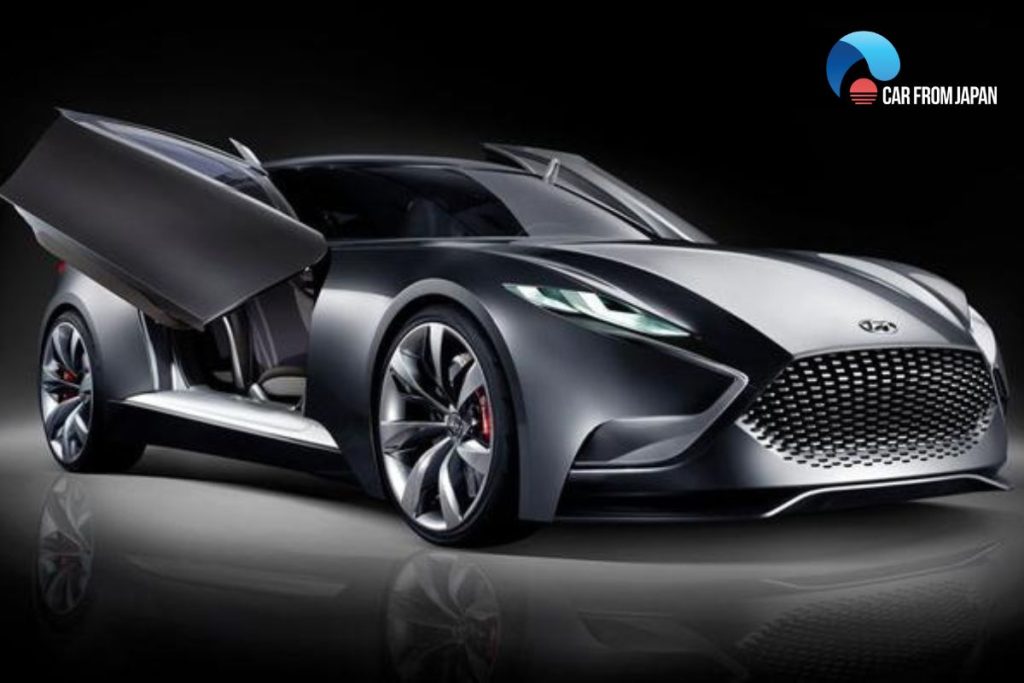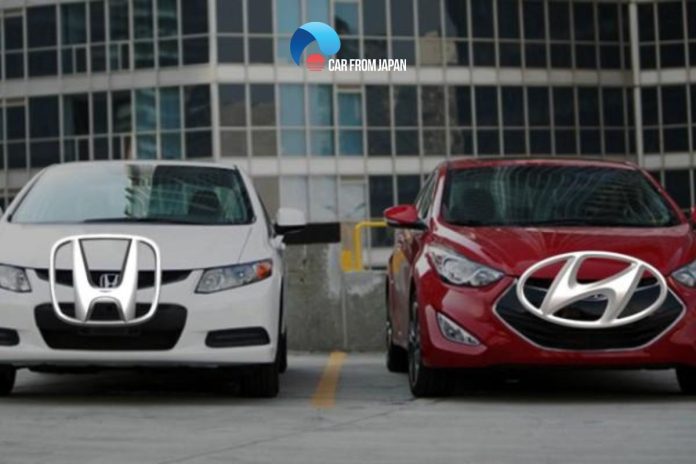In the tough competitive world of automobiles, every brand has a strategy to place its product at the top.
Some prefer to outdo the competition by including features such as an automatic sunroof, while others prefer to install the latest anti-theft alarm system in their cars.
Each customer has his or her own opinion as to which company produces the best car. These days, the latest news is about Korean cars vs. Japanese cars regarding their features and performance.
In this blog, you will know what makes a Japanese Car or Korean Car better than the other does!
Contents
- Korean Cars Vs. Japanese Cars? Which Is Better?
- Korean Cars Vs. Japanese Cars: What Should I Buy?
- FAQs on Korean Cars vs. Japanese Cars
- Why do Korean cars often come with longer warranties than Japanese cars?
- Are Japanese cars still better for long-term durability?
- Which are more tuner-friendly: Korean or Japanese cars?
- Is it true that Korean cars depreciate faster, even if they have similar features?
- Which are more ‘tech-forward’ out of the box: Korean or Japanese cars?
- Summing Up
Korean Cars Vs. Japanese Cars? Which Is Better?
In the world of automobiles, every brand is trying to give consumers the best product.
Whether it is a car, which is fuel-efficient, or one with an unbreakable security alarm; every brand tries to outdo the other.
We will provide you with the reasons as to what makes one hand better than the other will.
What makes the Japanese car special?
Japanese cars are popular among middle-aged customers, and they prefer stability. In case you purchase a Japanese car, you will enjoy riding the car for a minimum of 10 years without too much repair.
Also, the replacement of parts in a Japanese car costs less than other vehicles.
A vital factor in the battle of Korean Cars Vs. Japanese Cars, the latter comes first regarding safety, which adds to a Japanese car brand’s reliability.
These cars come equipped with airbags, EBD, ABS, and Brake Assist functions to make the drive safe.
Many known brands in the Japanese automobile sections include Honda, Toyota, and Nissan, who are primarily known for giving priority to safety rather than style in their cars.

Read More: Which Are The Top 5 Japanese Cars?
What makes Korean cars special?
If you are a young driver looking for a drive filled with adventures, then Korean cars are your thing.
The best feature is the interiors of a Korean car, which are superior to that of Japanese cars at the same price. Another plus point of Korean cars is the plethora of options.
For example, the Hyundai Accent, the top player in the B segment of Korean cars comes fitted with many features including automatic headlights, sound system with six speakers, a sunroof, and LED daytime running lights.
Korean cars are at the top when it comes to attracting customers looking for great design and updated gadgets inside a vehicle.

Korean Cars Vs. Japanese Cars: What Should I Buy?
Both Korean and Japanese cars are generally known for their reliability.
However, Japanese car manufacturers such as Toyota and Honda have a long-standing reputation for producing reliable vehicles with lower maintenance and repair costs. If reliability is a top priority for you, Japanese cars may be a safer choice.
While Korean cars, notably Hyundai and Kia, often provide a generous package of features at a competitive price point.
They are known for offering a lot of value for the money, with many standard features that may be optional in Japanese models.
If you’re looking for a well-equipped vehicle within a specific budget, Korean cars may be worth considering.
Generally, the “better” choice between Korean and Japanese cars depends on your specific needs and preferences as a car buyer.
It is recommended to thoroughly research and compare different models, and consider factors such as pricing, features, reliability, performance, fuel efficiency, and personal requirements before making a decision.
Watch this video from Automotive Press to learn more about Korean vs Japanese vehicle quality compared.
FAQs on Korean Cars vs. Japanese Cars
Why do Korean cars often come with longer warranties than Japanese cars?
It’s a strategic move. Korean brands like Hyundai and Kia offer generous warranties (up to 10 years) to build trust and compete with the established reliability reputation of Japanese brands.
Are Japanese cars still better for long-term durability?
In most cases, yes.
Japanese cars like Toyota or Honda are still considered more “bulletproof,” especially over 150,000+ miles, thanks to decades of engine and transmission refinement.
Which are more tuner-friendly: Korean or Japanese cars?
Japanese cars. The aftermarket for performance parts, mods, and engine swaps is much more mature for brands like Toyota, Nissan, and Subaru, though Hyundai’s N-line is catching up fast.
Is it true that Korean cars depreciate faster, even if they have similar features?
Yes, despite strong improvements, Korean cars still face resale stigma in some markets.
This perception gap often gives Japanese cars an edge in long-term value.
Which are more ‘tech-forward’ out of the box: Korean or Japanese cars?
Korean cars. Hyundai and Kia are known for packing advanced infotainment, digital dashboards, and driver-assist tech into even budget models, often ahead of their Japanese rivals.
Summing Up
Thus, in the battle of Korean cars vs. Japanese cars, both of them carry some advantages and disadvantages.
It comes down to what type of car you prefer, whether you want a car offering the latest technology or one safe to drive.
It all depends on whether you are looking for advanced technology or a comfortable drive.




Japanese cars are the best coming to creativity and technology, they keep on updating the model of the cars
whereas their other cars are sold in the auction, usually goes with used Japanese cars sold new to many countries mostly African continent.
Yes but how about true cost to own over time?
Do not the Japanese vehicles and in particular Honda’s and Toyota’s have a lower true cost of ownership including actual cost of repairs over 10 years than Korean built vehicles (Hyundai and Kia ).
Well, Such as Genesis and Kia and hyundai are way above japanese cars. Yes. Japenese cars have the smoothest engines but korean cars feel much more… you know, more original, safer and more prepared for what is ahead.